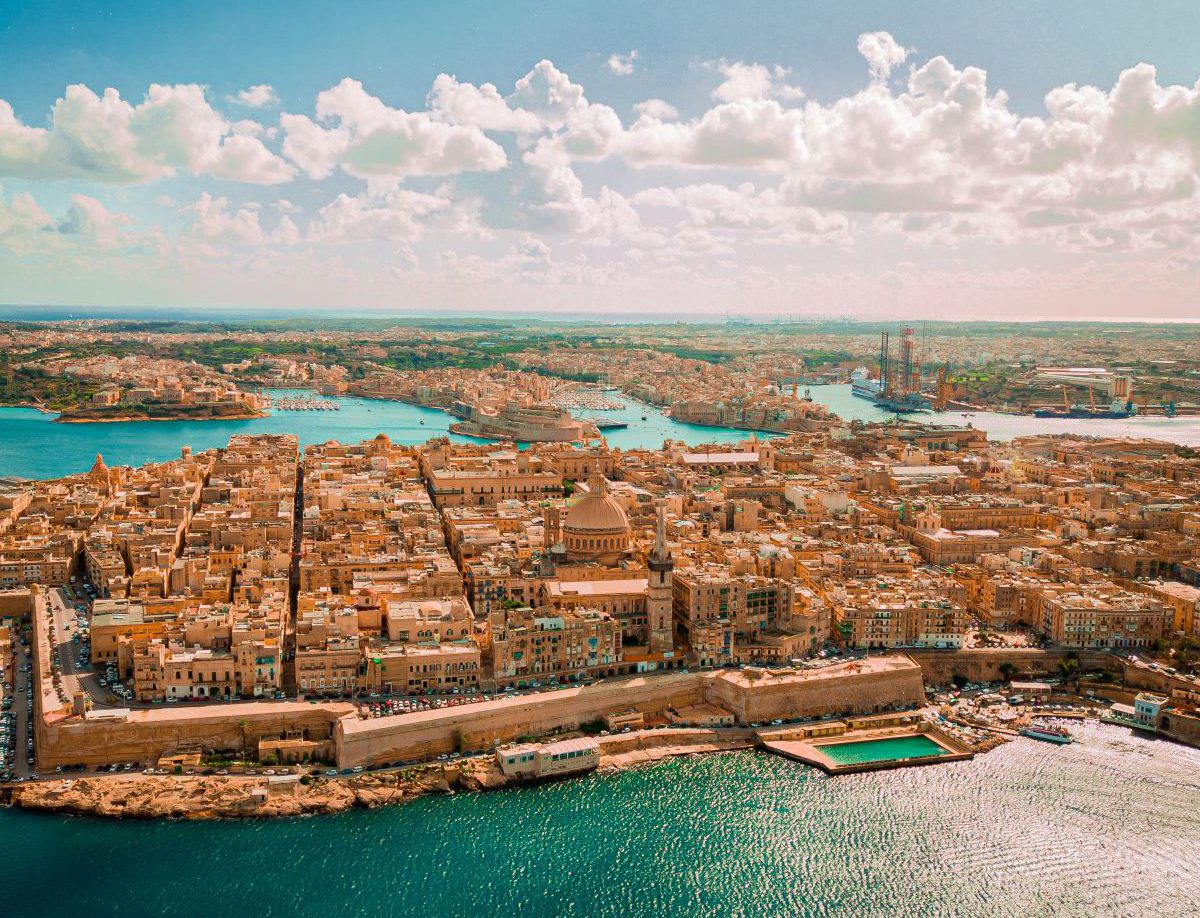The credit rating agency DBRS (Morningstar) has confirmed Malta’s long-term rating at A (high) with a stable outlook.
It said it expects Malta’s economic outlook to remain solid, benefitting from a fuller return of foreign tourism, a healthy private-sector balance sheet, sustained fiscal support, and European funds, although the potential economic impact from Russia’s invasion of Ukraine and, to a lesser extent, the evolution of the COVID-10 pandemic, cloud Malta’s economic outlook.
The agency noted that Malta’s strong fiscal performance and debt-ratio reduction efforts before the pandemic created valuable headroom to support the economy.
“While the economic recovery is helping to rebalance fiscal metrics after the severe deterioration in 2020, the measures to deal with the effects of COVID-19 and to mitigate the impact from inflation continue to weigh on public finances. Nevertheless, Malta’s cost of funding remains favourable and DBRS Morningstar expects a gradual return to a healthier fiscal position, supported by the growth outlook and the expected phaseout of temporary measures,” the company said.
As for greylisting, it took the view that the Financial Action Task Force’s (FATF) initial determination that Malta has substantially completed its action plan “mitigates the risks associated with Malta’s inclusion in its grey list”.
Malta’s euro area membership, a moderate level of public debt, a solid external position, and households’ strong financial position support the country’s A (high) rating, according to DBRS.
On the other hand, it noted that Malta’s small and open economy remains exposed to external demand or confidence shocks.
“In this sense, the tourism sector—an important source of income, employment, and investment in Malta—presents a potential vulnerability if the pandemic situation were to worsen. Similarly, Malta’s attractiveness to foreign investment could suffer if measures to address financial integrity risks and institutional governance weaknesses noted by international bodies persist.“
DBRS praised Malta’s economic performance prior to the pandemic, describing it as “remarkable”, with average annual GDP growth at seven per cent from 2013 to 2019, with strong job creation and a shrinking GDP per capita gap with the European Union.
“The pandemic had a massive impact on the Maltese economy, with GDP contracting by 8.3 per cent in 2020 due to the collapse in tourism-related activities and private consumption. Despite a partial rebound in foreign tourism, the recovery was faster than anticipated last year. GDP grew by 10.4 per cent in 2021, mostly driven by the strong rebound in domestic demand.”
The agency said the continued fiscal support, accumulated savings, and greater confidence created the conditions for a solid comeback in private consumption and investments as the economy reopened in 2021.
Two years since its birth, Moneybase features on Microsoft’s Customer Stories
Moneybase has now just been featured on Microsoft’s latest Customer Stories
Finance Minister confirms continuity of food and energy subsidies
Spending on food and energy subsidies as a percentage of the GDP will be at 0.7% in 2025
MHRA congratulates Glenn Micallef on EU role, highlights positive impact on Malta’s tourism and cultural sectors
The lobby group emphasised that Malta’s cultural assets and sports scene are key factors in attracting visitors and fostering economic ...






